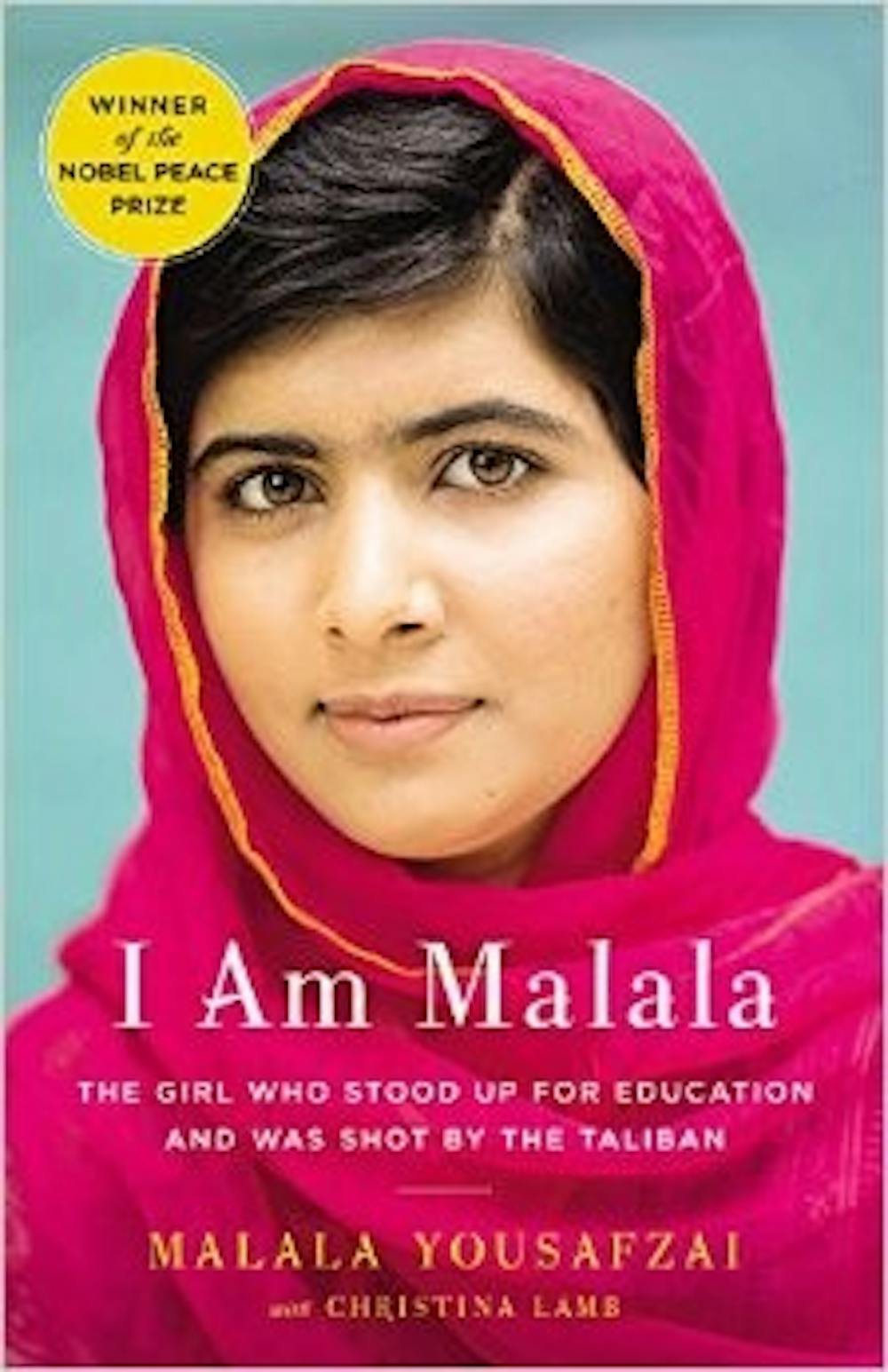As Women’s History Month celebrates its final week, we should all reflect upon why this month is so important. It acknowledges the incredible feats of the women of the world. Without these women, we would not have the opportunities that we have today. To finish this month on a strong note, read these thought-provoking books — both fiction and nonfiction — and appreciate how far we have come and the work we still need to do.
“The Help” by Kathryn Stockett
“The Help,” set in the small southern town of Jackson, Mississippi, in the 1960s, follows Eugenia “Skeeter” Phelan as she interviews African American maids about the uncensored, harsh truths of their jobs. Although this is a fictional novel, “The Help” is so rich with historical accuracies and credible characters that it speaks volumes about the true racial tensions and hierarchies of the South at this time.
Along with the racial issues tackled in this novel, Stockett uses Phelan’s character as a symbol for female empowerment and independence. Phelan does not desire to find a suitable husband and settle down with a family, but rather to make a difference and pursue a career as a writer. Her ideals are different from the world around her, and her passion to become a writer is often hindered by the sexist perceptions of this small, Southern town — perceptions that even her own mother holds.
“The Help” is a story about overcoming prejudices and trying to find justice in a world that is so often unfair. This emotional, important and often humorous tale shows the power that women hold when they unify and speak their minds.
“A Thousand Splendid Suns” by Khaled Hosseini
Set in Afghanistan, on the outskirts of Herat, “A Thousand Splendid Suns” follows the lives Mariam and Laila, two women living in the same town, but of very different worlds. Mariam, born an illegitimate child, consequently lives her life stigmatized and disrespected. Laila is an intelligent girl born into a relatively privileged life — a life with promise. These two women go about their separate lives in the same village, unbothered by the other, until tragedy forces the two together, intertwining their lives suddenly and permanently.
Hosseini’s poetic and painful writing makes your heart bleed for Mariam and Laila — victims of circumstance, forced into unwanted and miserable lives. These two unbelievably strong yet kind-hearted women are forced to make tough decisions about family, self-sacrifice and the standards of the world they live in. The narrative of these two puts things into perspective — Laila and Mariam are fictional heroes in their own right.
“Notes from My Travels” by Angelina Jolie
Jolie is an American actress, often acknowledged for her beauty or her unconventional relationship with Brad Pitt. However, beyond her beauty is a deeply intelligent and thoughtful philanthropist, which she proves with great conviction in her memoir, “Notes from My Travels." In this book, Jolie journals her experiences in Sierra Leone, Tanzania, Pakistan, Cambodia and Ecuador as a Goodwill Ambassador with the United Nations High Commissioner for Refugees. Jolie’s memoir is eye-opening and heartbreaking, detailing worlds so foreign to the U.S., where rules, standards and ways of living are drastically different.
Jolie should serve as an inspiration, not because of her fame, beauty or acting prowess, but because she uses her fame for good — to enact changes and give a voice to those who don’t have the means to speak for themselves.
“I Am Malala: The Girl Who Stood Up for Education and Was Shot by the Taliban” by Christina Lamb and Malala Yousafzai
Perhaps the most important book in this list, “I Am Malala: The Girl Who Stood Up for Education and Was Shot by the Taliban” autobiographically narrates Yousafzai’s relentless efforts to give the girls of Pakistan and the rest of the world the opportunity for an education. Growing up with encouraging parents and a teacher for a father, Yousafzai was thirsty for education. However, living in the Swat Valley in Pakistan, her education and the education of all of the girls in the area was denied by the Taliban. Regardless, Yousafzai did not let the Taliban thwart her voice — she spoke out and eventually got shot in the head for it.
After scraping by the attack with her life, Yousafzai continues to speak out for the rights of women all around the world, awarding her the Nobel Peace Prize in 2014.
Along with Yousafzai’s obvious and continuous contributions to women of the world, she should be considered the image of the Women’s History Month because she is the voice of the unheard women of the world — the women who have not been given the chance to make history yet. Yousafzai’s story sheds light to the rest of the world about these women who are not afforded what is so often taken for granted in Western civilization. Every time Yousafzai speaks out, she is not only making history, but she is also one step closer to giving the women of the world better futures.

